Taiwan’s voters have defied Beijing’s threats and intimidation and elected as president the most independence-minded of the candidates for the job. After a typically boisterous election, Lai Ching-te of the China-skeptic Democratic Progressive Party declared victory Saturday evening, having received just over 40 percent of the vote in Taiwan’s first-past-the-post system. “We’ve written a new page for Taiwan’s history of democracy,” he told reporters, after winning by a bigger margin than expected. Hou Yu-ih from the more China-friendly Kuomintang came second with 33.4 percent, while Ko Wen-je of the populist Taiwan People’s Party received 26.4 percent.
There was no immediate reaction on Saturday from Beijing, which had denounced sixty-four-year-old Lai as a dangerous separatist and “a troublemaker through and through.” The Chinese Communist Party claims Taiwan is part of China, even though the CCP has never ruled the island. Ahead of the vote, the DPP accused Beijing of unprecedented interference in Taiwan’s election. “No matter if it is propaganda or military intimidation, cognitive warfare or fake news, they are employing it all,” Lai said. China has been carrying out regular military exercises near Taiwanese waters and airspace and days before the vote sent a series of spy balloons over the island. It called the vote a choice between “peace and war” and reiterated its threats to take the island by force if it continues to resist “unification.”
Not for the first time, China’s threats seem to have backfired by solidifying support behind the DPP, for whom this is the third straight term. The incumbent Tsai Ing-wen has served two terms, and Lai was her vice-president. He is expected to continue her policies of reducing economic dependencies on China, encouraging Taiwan’s separate identity, while vowing to defend the island and insisting that only the Taiwanese people can decide the future of the island. Speaking at DPP headquarters Saturday, Lai said he was “determined to safeguard Taiwan from threats and intimidation from China.” He said Taiwan will “continue to walk side by side with democracies from around the world.”
Lai is expected to echo Tsai’s view that there is no need to declare formal independence because Taiwan is already a de facto sovereign state. He is also expected to follow Tsai’s policy of forging closer ties with the United States, which has grown increasingly concerned at Beijing’s growing belligerence towards the island. The official US policy towards Taiwan’s defense is one of “strategic ambiguity,” although President Joe Biden on several occasions has said the US would defend Taiwan if China attacked. Japan has also tied its own security increasingly to that of Taiwan. The war in Ukraine has heightened awareness not only about the global ambitions of revanchist autocrats, but also the danger of economic dependencies. While Russia’s aggression created a shock in the oil and gas markets, Taiwan’s global role is far greater. It is a vital cog in the global economy, with a pivotal role in technology, responsible for more than 90 percent of cutting edge chips. A war over Taiwan would be devastating for the world economy.
Lai also said that he is open to dialogue with China, which stopped talking to the Taiwanese government after Tsai took office in May 2016. Relations have deteriorated sharply since then. The Tsai administration tightened its export controls on technology, introduced an economic espionage law to prevent trade secrets being stolen by China, and provided incentives for Taiwanese companies to direct the investment elsewhere in Asia.
Attention will now turn to Beijing, which is likely to step up its military intimidation of the island over the coming days
The turnout among Taiwan’s 19 million voters was around 70 percent. The election was not only about China, with electors concerned about issues ranging from the high cost of housing, low wage growth to unstable power supplies. Many young people, who had been the bedrock of DPP support, switched their vote to Ko’s Taiwan People’s Party, whose campaign played more to bread and butter issues rather than to the threat from China. In a parallel vote, the DPP lost its control of parliament, which could limit its ability to pass legislation without the support of other parties.
Attention will now turn to Beijing, which is likely to step up its military intimidation of the island over the coming days. Recent exercises have practiced for an embargo of the island. There are many tools Beijing has short of an invasion, including cyber-attacks, misinformation and the intimidation of Taiwanese businesses working in China. The election of Lai is likely to embolden those around President Xi Jinping who argue that Taiwan is slipping away from them, that the longer time goes by the less appetite there is on the island for any sort of political accommodation with China, at least as long as the CCP is in charge. The election campaign was a raucous spectacle, a celebration of Taiwan’s young democracy, and a stark contrast to the dystopian and repressive surveillance state Xi is building in China. It was a colorful reminder that there is an alternative future for China, and that too will be seen by the gray men around Xi as another threat as they decide how to punish the Taiwanese people for defying them.
This article was originally published on The Spectator’s UK website.



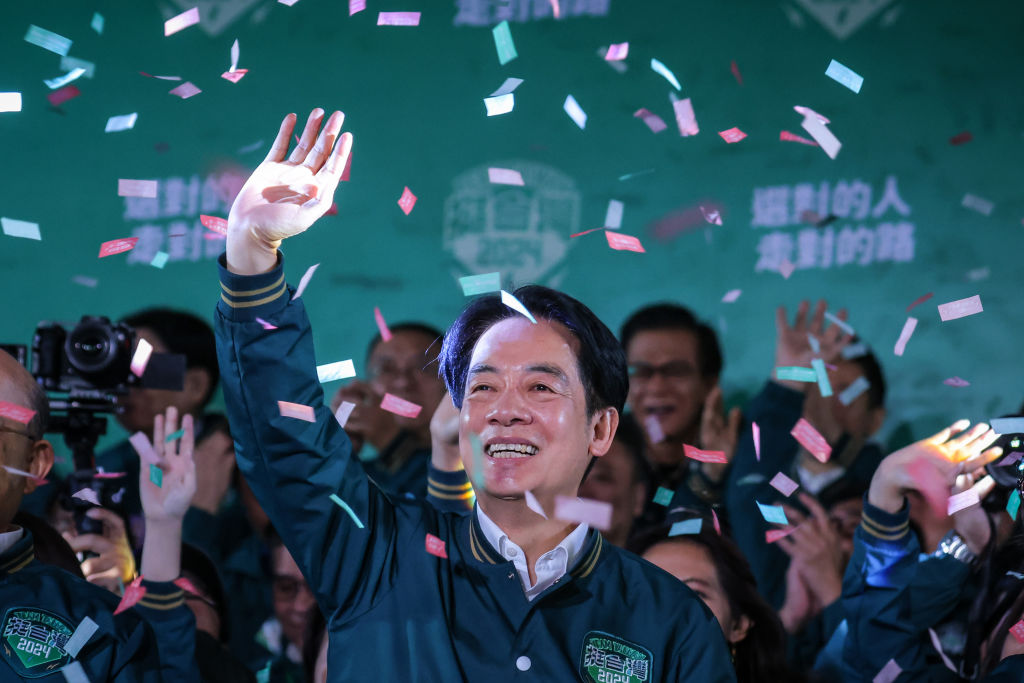







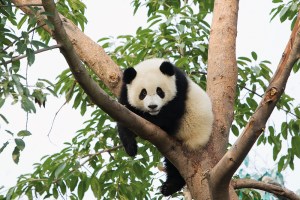

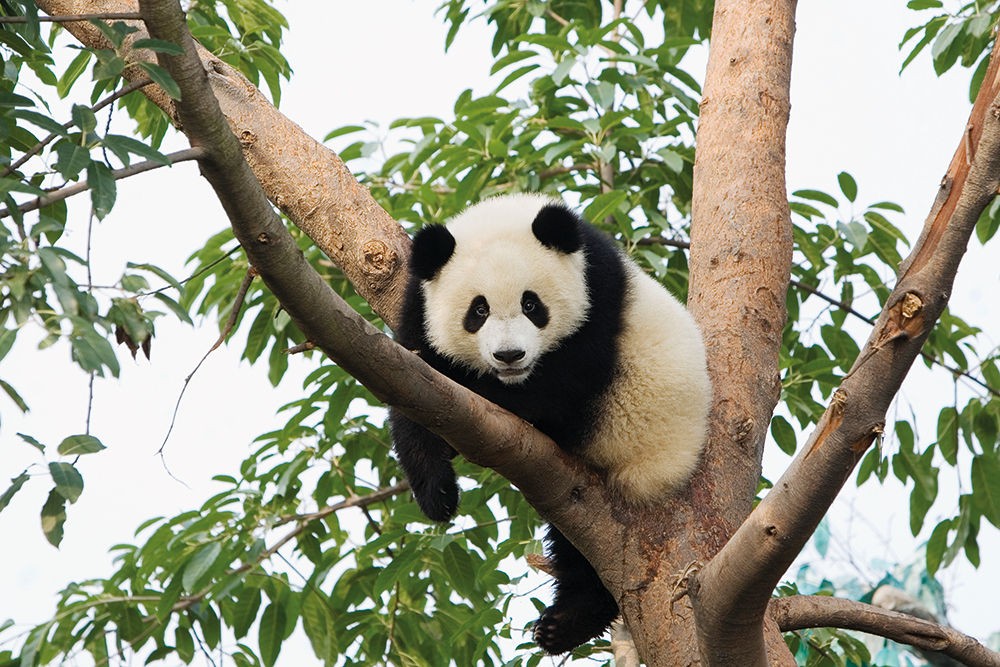
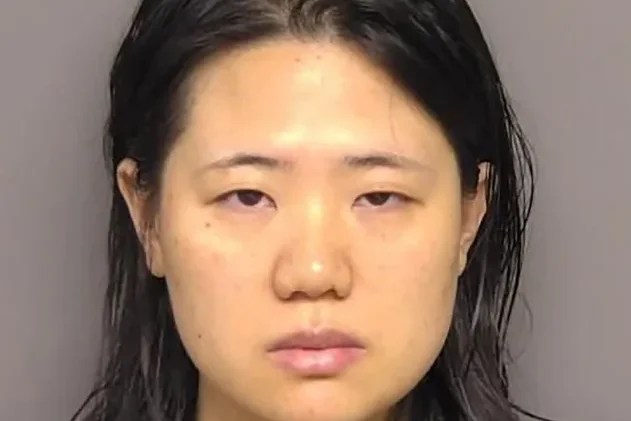
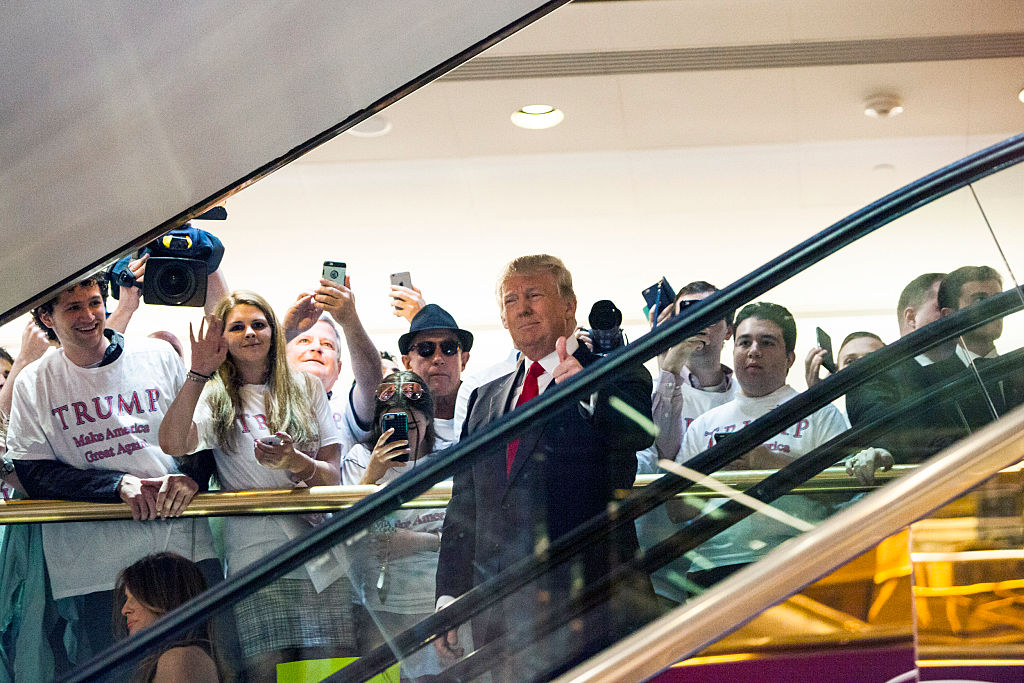

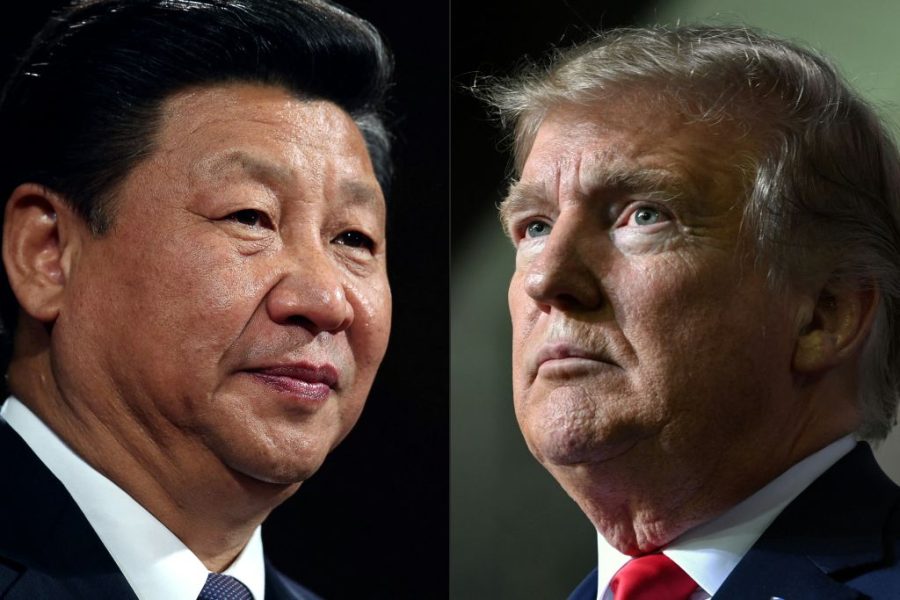
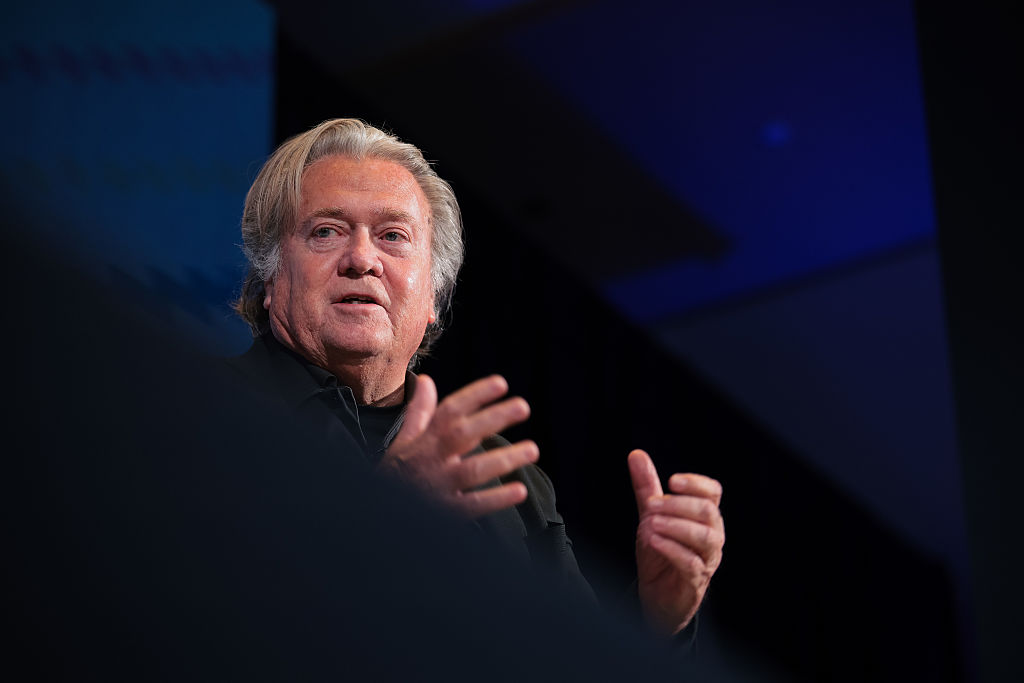







Leave a Reply